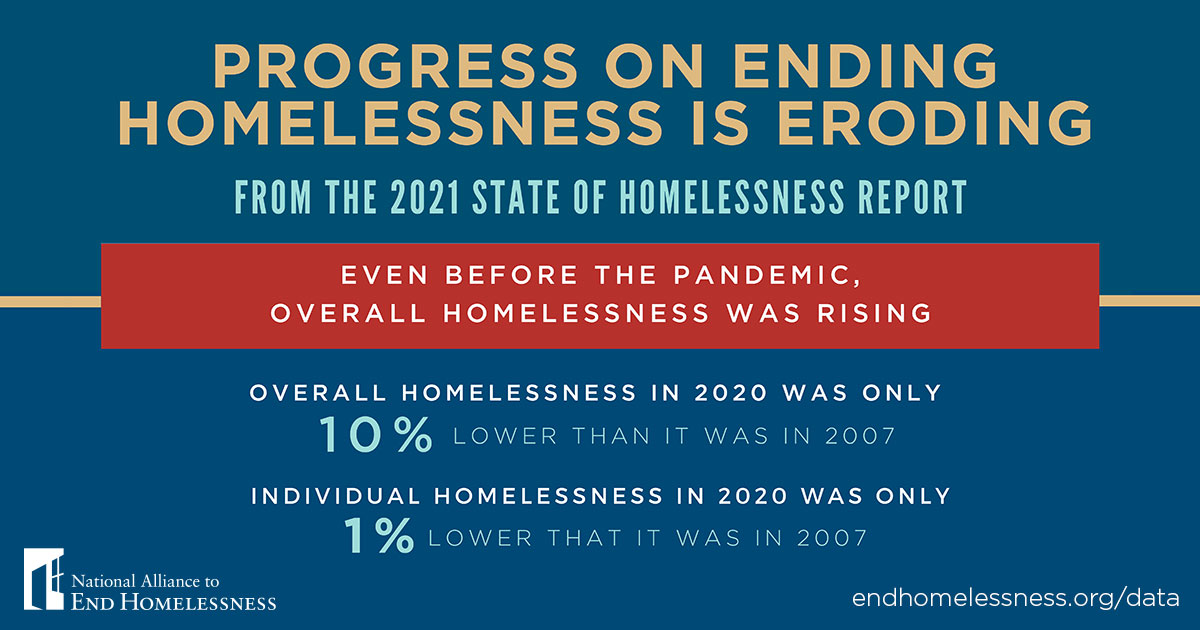Dear Dads,
Parenthood is one of the hardest jobs on earth! It seems like half of life is spent shuttling children to and fro, working on homework, and making sure they get some form of vegetable for dinner. You make sure that they have everything they need (and more!); but do you do the same for yourself? Don’t forget to care for yourself in the hustle and bustle of parenthood, particularly when it comes to getting your recommended medical screening tests.
I get it, no one likes to think of the “what if” component of medical tests. But as a medical doctor, I would be remiss if I didn’t remind you to get your regular screenings. While I hope you have a clean bill of health, screenings can help to identify issues much earlier than symptoms can, giving you a head start on creating a plan with your medical team.
There are some cancers that can be successfully treated if they are caught early enough. That’s why it’s important for all adults, both men and women, to get screened regularly for cancer, even if you feel healthy and have no symptoms.
Mammograms
The American Cancer Society recommends that women get an annual mammogram starting at age 45. They also recommend that women aged 45 to 54 should have the choice to start yearly mammograms or get them every other year. Women 55 and older should get mammograms every other year. You may need to get mammograms more often if you have a family history of breast cancer, or have certain other risk factors.
Mammograms can help find breast cancer early when it’s small and before it has spread. The chance of being cured of breast cancer is highest when the cancer is found and treated early.
Colonoscopy
Another screening test that is important for both men and women is colon cancer screening. Your doctor may recommend a colonoscopy, which is a test that allows your doctor to look at the entire length of your large intestine (colon). They would then remove any polyps, which are small growths on the lining of your colon or rectum, that could turn into cancer over time.
You should start having colonoscopies at age 50 if you have an average risk of colon cancer, or sooner if you have a family history of colon cancer or certain other risk factors. Once you’ve had several negative results, you may only need one every 10 years or so – ask your doctor what’s best for you based on your health history.
Shingles Test
If you are 50 years old or older, you should also get tested for shingles. Shingles is caused by the same virus (Varicella-Zoster) that causes chickenpox in children. It can come back later in life as shingles in people who have had chickenpox before the age of 18 years old. After having chickenpox, the virus lies inactive in your nerve cells until something – like stress or illness – triggers it to multiply again causing an attack of shingles with painful blisters on one side (usually the left side) of your body along with fever, headache, and chills.
The good news is there’s a vaccine called Shingrix® (Zoster Vaccine Recombinant, Adjuvanted) that can protect against shingles and its complications regardless of whether you recall having had chickenpox before age 18 years old or not. Most people over age 50 were infected with chickenpox before there was a routine childhood vaccination program for chickenpox that started in 1995. Many do not recall having chickenpox as it usually only causes mild illness in children. Talk with your doctor about whether this vaccine is right for you as it requires two doses given 2-6 months apart to be effective against shingles so plan ahead!
There are many different types of recommended medical screening tests for both men and women starting at age 50+. Get informed about which ones apply to you based on your family history and overall health and make sure to schedule appointments with your doctor accordingly! Early detection is key when it comes to certain cancers so don’t delay – take care of yourself so that you can be around to take care of your loved ones for many years to come!
Chris





